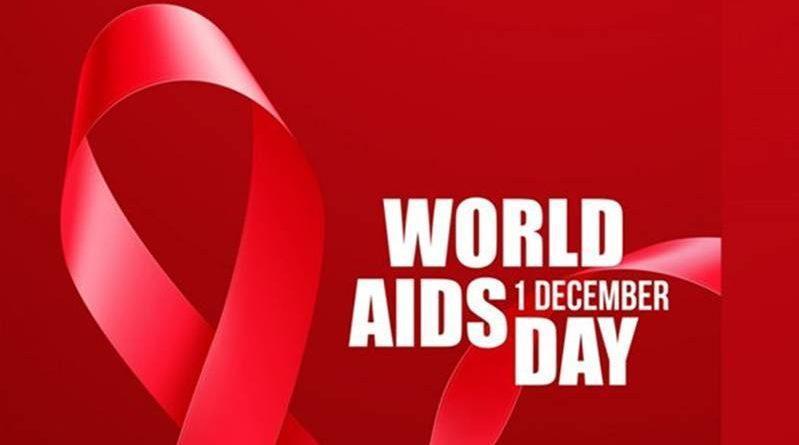Today is World Aids Day 2020 – Ending the HIV/AIDS Epidemic: Resilience and Impact
Today is World AIDS Day! A day set aside to raise awareness of Acquired Immune Deficiency Syndrome (AIDS) caused by Human Immunodeficiency Virus (HIV) and to further the fight against it.
The theme for the 2020 observance is “Ending the HIV/AIDS Epidemic: Resilience and Impact” (“Erradicar la epidemia del VIH/SIDA: Resiliencia e Impacto”).
Each year, organizations and individuals across the world bring attention to the HIV epidemic, endeavor to increase HIV awareness and knowledge, speak out against HIV stigma, and call for an increased response to move toward Ending the HIV Epidemic
According to the World health organization, there are 38,000,000 estimated number of people living with HIV in 2019; 1,700,000 people were newly infected with HIV in 2019; 690,000 people died of HIV-related causes in 2019 and 68 % of adults living with HIV received lifelong antiretroviral therapy (ART) in 2019
HIV attacks and damages a person’s immune system and consequently a person’s ability to fight against diseases. Without medication, the destruction of the immune system progresses to the point that the person gets AIDS which is a potentially life-threatening disease.
HIV can be spread through sexual contact, contact with an infected person’s blood, from mother to child during childbirth and breastfeeding.
According to everydayhealth.com, Below are a few facts (amongst others) you need to know about HIV and AIDS:
- Anyone can get HIV. Anyone can get HIV/AIDS regardless of race, age or sexuality.
- A person can have HIV without knowing it. Many people contract HIV without knowing it and can infect others without realizing it. The only way to know for sure is to get tested.
- Prevention is key: Because HIV has no cure yet, prevention is very important. The best way to prevent infection is to always practice safer sex and avoid using drug paraphernalia like needles.
There is currently no vaccine nor medicine for HIV/AIDS. It is also important to take preventive steps such as:
- Not sharing sharp objects
- Practicing safe sex
- Getting immediate medical care once you find out you are pregnant
Knowing your status means you can be safe and keep others around you safe too.
On 1 December WHO joins partners in paying tribute to all those working to provide HIV services, and in calling on global leaders and citizens to rally for “global solidarity” to maintain essential HIV services during COVID 19 and beyond. It is a call to focus on vulnerable groups who are already at risk and expand coverage to children and adolescents. And in 2020, the International Year of the Nurse and the Midwife, it is a call for more protection and support to these health workers who have long been on the frontline of HIV service delivery. We can all contribute to the effort to end AIDS and make the world a healthier place.




